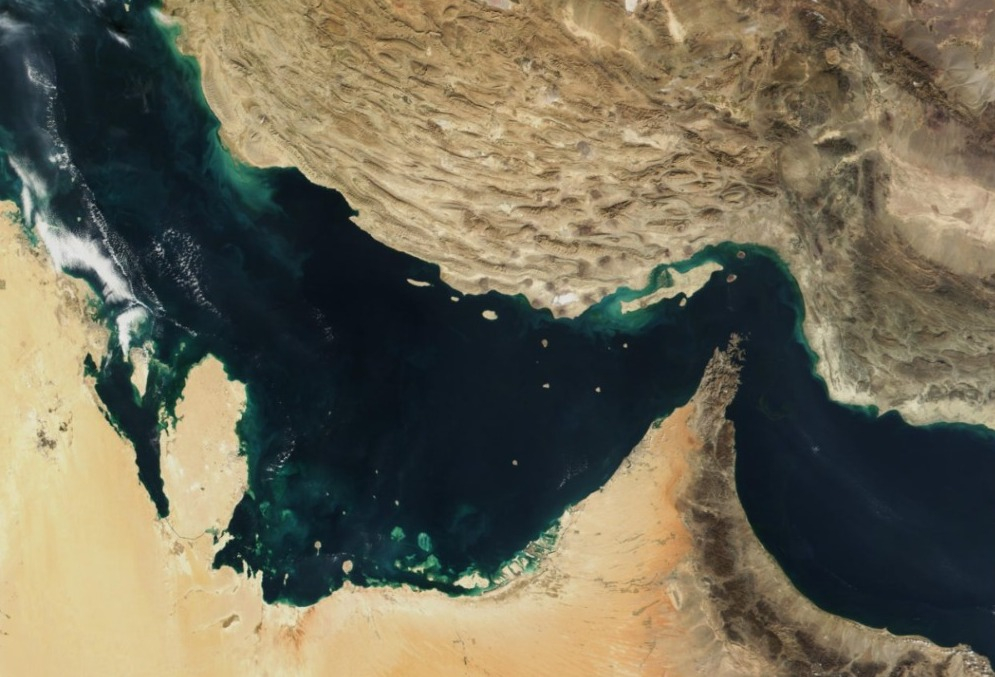
The attacks provoked by Iran against Israel, in response to the bombing of the diplomatic headquarters of the first of these two countries in Syria, will anticipate a new increase in world oil prices.
Although Israel – immersed in war with Palestine over Gaza – is not an oil producing country, the old nation of Iran, a member and historical founder of OPEC, is. Its audited production exceeds 3.5 million barrels per day (bpd).
Last Friday, the price of oil had already escalated in a harbinger of what could happen again in the Holy Land. The WTI marker had climbed above US$87 per barrel, while European Brent did the same above US$90. The next opening will be this Monday.
The Hormuz pass is key. The Middle East produces about a third of all the crude oil in the world, and 28% of the ship shipments supplied by the region transit through this strait of the Persian Gulf. The MSC Aries ship, with the Portuguese flag, was also boarded this Saturday by an Iranian helicopter.
The United States, another major global producer – although not part of the OPEC cartel – has joined the fray in defense of Israel. The United Kingdom has followed suit in the fight against drones, and Germany has also suggested its intermediation.
If tensions continue for a very long time, fuel prices would rise in all countries in the rest of the world, including Peru, an oil-deficit country that produces less than a sixth of what it consumes daily in barrels.
The war between Russia and Ukraine has already fueled inflation in the Andean country between 2022 and 2023, so its regulated prices for natural gas, another type of energy, could mitigate the blow, in days when the global price of all sources energy skyrockets in favor of gas exporters.
Source: Larepublica
Alia is a professional author and journalist, working at 247 news agency. She writes on various topics from economy news to general interest pieces, providing readers with relevant and informative content. With years of experience, she brings a unique perspective and in-depth analysis to her work.












